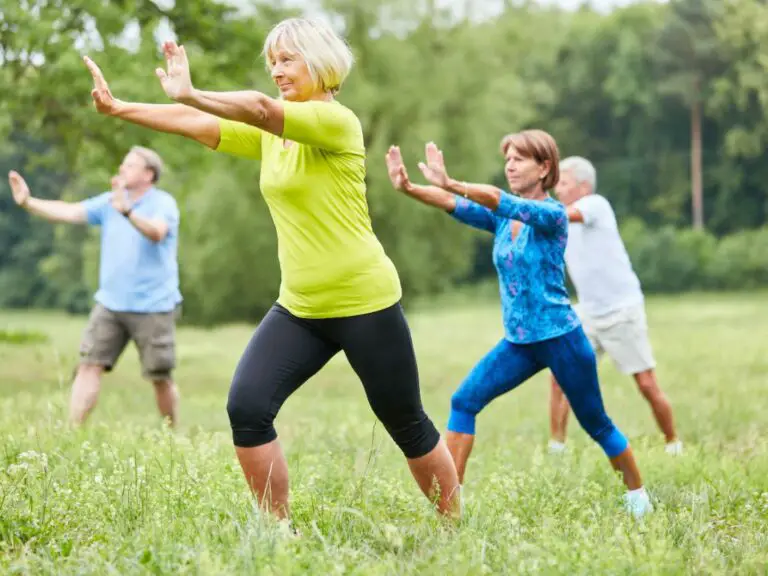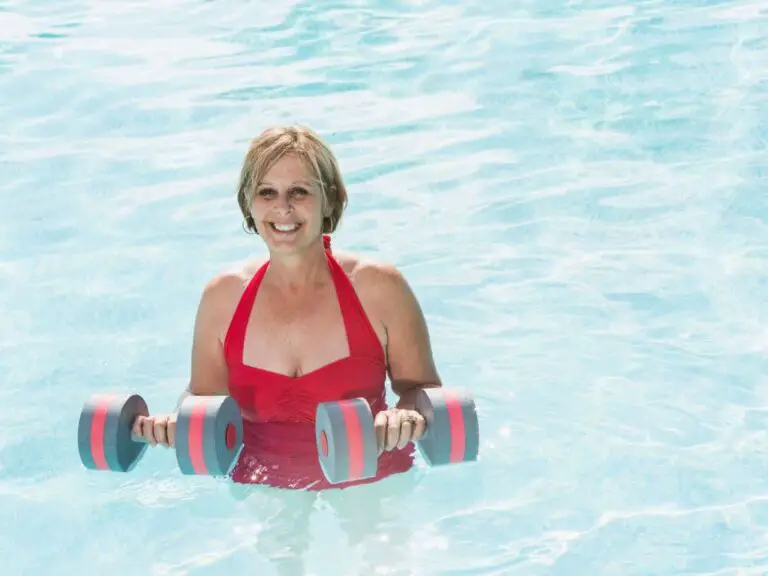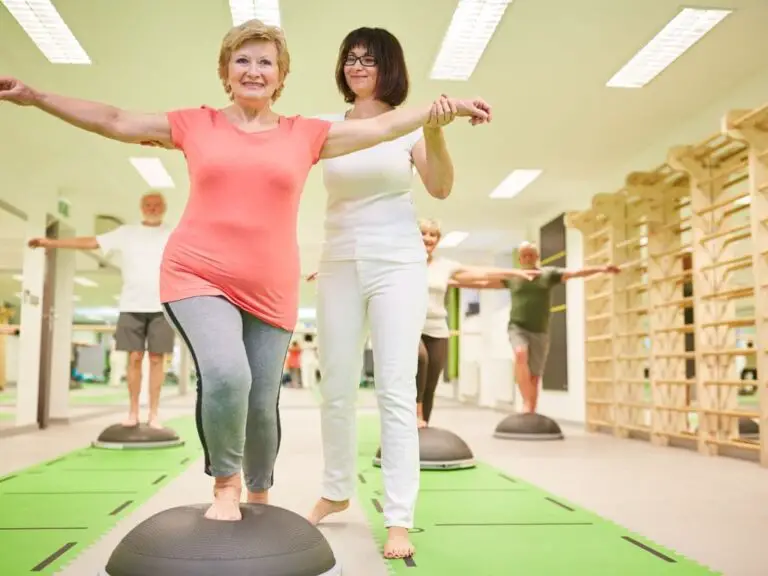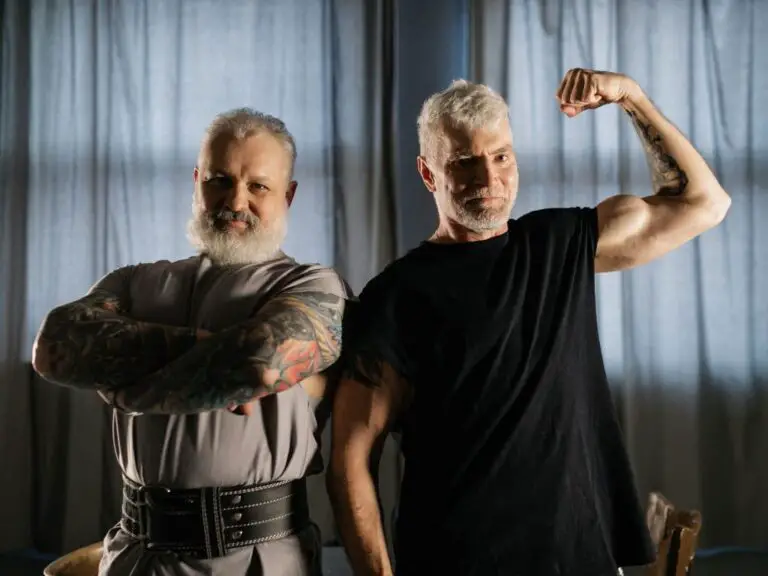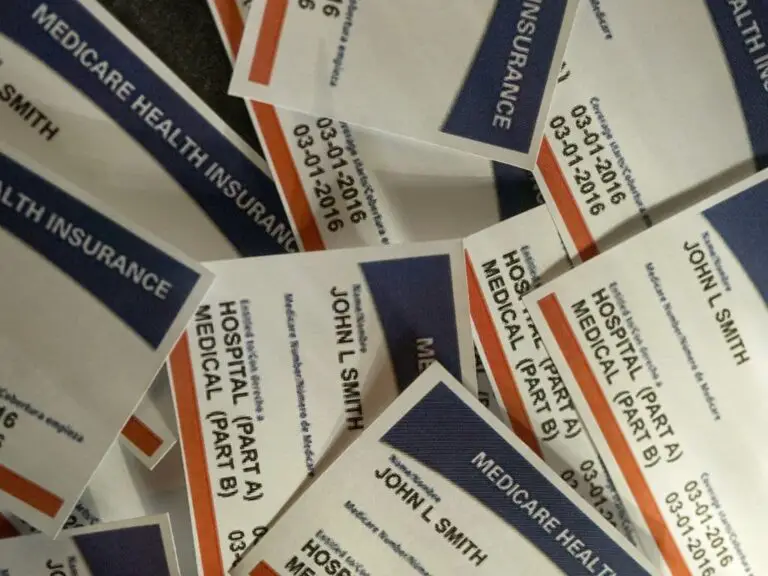What Does a Wellness Check Consist Of?
Wellness checks are an important way to ensure the health and safety of senior citizens. As people age, there is an increased risk for falls, injuries, isolation, and medical emergencies. Wellness checks provide regular contact and assessment to identify potential issues early. This allows preventative action to avoid larger problems. Understanding what wellness checks involve and how they help seniors can encourage their use.
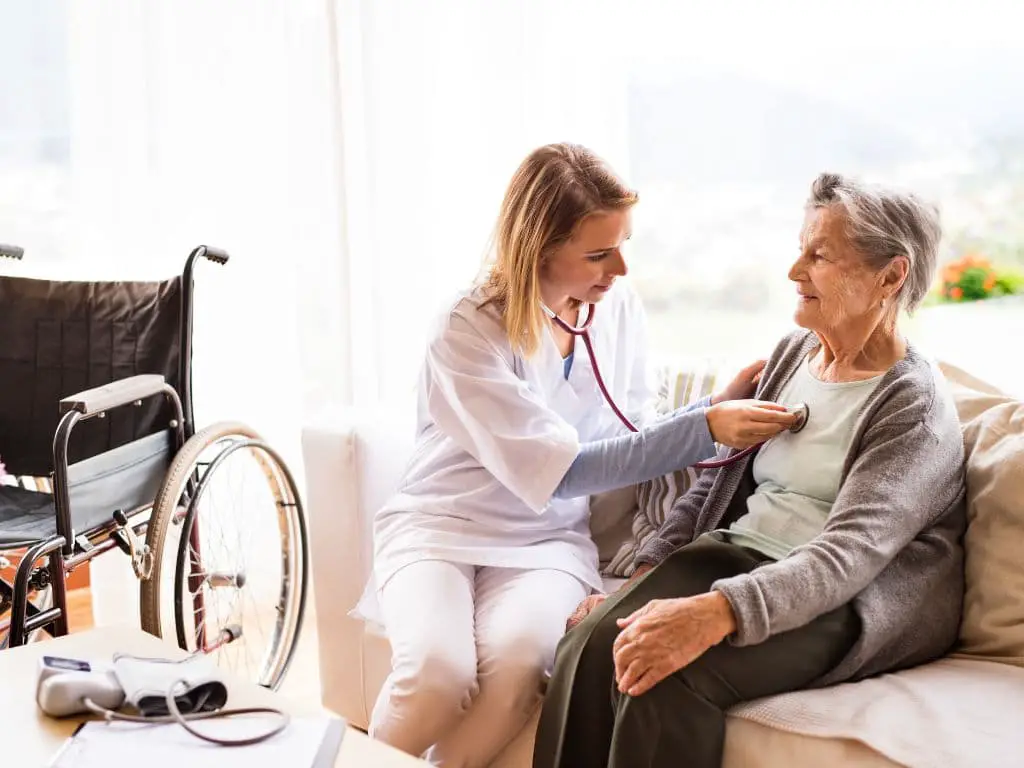
What is the Importance of Wellness Checks for Seniors?
Wellness checks are vital for monitoring senior wellbeing. As people grow older, there is an increased chance of developing medical conditions and experiencing events like falls. Wellness checks establish regular contact to assess how seniors are functioning. This allows concerning changes to be identified early before they escalate into crises.
Ongoing wellness checks also reduce isolation and provide social interaction for seniors living alone. This improves quality of life while allowing any issues to be detected. Overall, wellness checks are an essential way to uphold senior safety and independence.
What Does a Wellness Check Consist of for Seniors?
A wellness check consists of in-person contact and assessment of a senior citizen. This is often conducted by a nurse, social worker, or other medical professional. The check involves going to the senior’s home to evaluate their living environment and health status. The person conducting the check will assess the senior’s:
- Physical health – Checking for signs of injury, illness, or deterioration. Assessing mobility, balance, and physical functioning.
- Cognitive status – Testing memory, orientation, reasoning and judgment. Screening for potential dementia or confusion.
- Safety – Evaluating home safety hazards like tripping risks. Assessing food availability, cleanliness, and medication management.
- Mood – Screening for depression, anxiety, loneliness and subjective wellbeing.
- Need for assistance – Determining if additional medical or social services are required.
The wellness check provides a thorough appraisal of how well a senior is functioning. It allows early intervention for any issues noticed.
How is a Wellness Check Different from a Welfare Check?
A wellness check is a proactive assessment of senior wellbeing, often conducted routinely. A welfare check is done reactively in response to a specific concern about a senior’s safety. Welfare checks are often performed by police when a senior cannot be contacted and potential danger is feared.
While welfare checks focus on immediate safety, wellness checks take a broader look at overall functioning. Wellness checks aim to prevent crises, while welfare checks respond to possible emergencies. Both are important to ensure seniors are safe.
How Do Police and Emergency Services Conduct Wellness Checks for the Elderly?
When there is urgent concern for a senior’s welfare, police and emergency medical services can perform wellness checks. A family member or neighbor who cannot contact the senior and suspects potential harm may call the non-emergency police number to request a welfare check. Police will visit the home to assess the situation. If no one responds, police may enter using a key or force entry if necessary.
They will search for the resident and assess their safety and need for medical care, providing emergency aid if required. An evaluation is done of the home environment for safety hazards. If the senior is not home, the police will attempt to locate them. The requesting party is updated on the senior’s status.
What are the Signs that an Elderly Person May Need a Wellness Check?
There are many warning signs that can indicate an elderly person needs a proactive wellness check by a medical professional:
How Does Aging, Isolation, and Loneliness Impact the Need for Wellness Checks?
- Increased age – Older seniors are more fragile and require frequent monitoring. Those over 80 may need checks every 1-2 weeks.
- Living alone – Without family or friends around, problems can go unnoticed. Social isolation increases risks.
- Lack of activity – Seniors who stop engaging in normal activities or hobbies may be having difficulties.
- Recent loss – The death of a spouse, sibling or close friend can increase isolation.
- Poor self-care – Decline in personal hygiene or home cleanliness can signify problems.
How Does Frailty and Mobility Issues Indicate the Need for a Wellness Check?
- Multiple medications – Complex medicine regimens increase risks of issues like falls.
- Frailty – Weakness, fatigue and decreased strength may impair functioning.
- Mobility problems – Issues walking or balance problems boost fall risk.
- Recent falls – More than one fall in a short period indicates greater chance of re-falling.
- Assistive devices – Canes, walkers and wheelchairs increase fall risks if used improperly.
How Does Cognitive Decline and Dementia Influence the Need for Wellness Checks?
Seniors with cognitive impairment from conditions like Alzheimer’s disease often require frequent wellness checks to remain safe. Warning signs include:
- Memory loss – Forgetting events, people’s names or appointments.
- Disorientation – Getting lost in familiar places. Confusion about time or location.
- Communication issues – Difficulty finding words. Rambling or disjointed speech.
- Poor judgment – Making questionable or unsafe decisions.
- Mood changes – Increased agitation, anger or apathy.
- Functional decline – Unable to follow medication regimen or manage finances.
How Do Fall Risks, Heat Stroke, and Hypothermia Trigger the Need for Wellness Checks?
Other red flags that can warrant a wellness check include:
- Heat waves – Seniors are at high risk for heat stroke and dehydration in hot weather.
- Cold snaps – Hypothermia is more likely in seniors due to poor circulation and temperature regulation.
- Power outages – Loss of electricity can be dangerous if medically necessary equipment cannot function.
- Natural disasters – Storms, floods or fires leave seniors isolated and vulnerable.
- Frequent falls – Multiple falls indicate improper use of assistive devices or environmental hazards.
How Do I Request a Wellness Check for an Elderly Person?
If you feel an elderly friend, neighbor or family member needs a wellness check you can:
- Contact their primary care doctor and express your concerns. The physician can schedule a home visit.
- Call their local Area Agency on Aging office to request a wellness check.
- Contact a social worker or case manager connected to the senior and explain worries about their wellbeing.
- Set up a daily check-in system with neighbors to monitor safety. Knock on doors or call if no contact.
- For urgent concerns, call emergency services or non-emergency police numbers to do a welfare check.
What are the Benefits of Wellness Checks for Seniors?
Routine wellness checks provide many valuable benefits:
- Allow early detection and prevention of major medical issues.
- Reduce falls and hospitalizations through early intervention.
- Decrease social isolation and loneliness.
- Support functional independence by identifying needed services.
- Provide reassurance and peace of mind to family and caregivers.
- Enable seniors to safely age in place at home longer.
- Catch potential self-neglect issues like poor nutrition or medication non-adherence.
- Reduce risk of exploitation or abuse going unnoticed.
How Can I Help to Prevent Elderly People from Needing Wellness Checks?
You can help reduce the need for wellness checks by:
- Calling or visiting elderly relatives and neighbors regularly.
- Offering transportation to prevent isolation.
- Helping with home safety modifications like grab bars and railings.
- Setting up a prescription delivery service and medication organizer.
- Ensuring proper assistive equipment is used.
- Finding senior-friendly community activities to participate in.
- Volunteering to assist with chores, meals or errands.
- Educating seniors on emergency planning and crisis response.
- Advocating for increased senior services in your community.
Conclusion
Wellness checks are a vital way to ensure at-risk seniors remain healthy and safe. Knowing when to request a check for an elderly person, and understanding what is involved, can provide peace of mind.
Wellness checks allow early intervention to maintain quality of life and independence. A proactive approach with routine wellness assessments facilitates successful aging. With a supportive community looking out for their wellbeing, seniors can feel more secure.
Frequently Asked Questions
-
What does a wellness check consist of?
You may be screened for high cholesterol, low blood pressure, STDs, diabetes, mammograms, pap tests, and osteoporosis during your annual wellness exam. You may be asked about your current stress levels, lifestyle, and drug usage, such as alcohol, tobacco, and exercise.
-
What an elderly person needs?
Senior adults might have reached a point in their lives where they require medical attention to keep them healthy. They may require assistance in getting a medical exam, an eye checkup and foot care. To stay healthy and active, older adults require proper nutrition.
-
At what age does a woman stop seeing a gynecologist?
Women over the age of 66 don’t usually need a routine Pap exam every year as long as they have passed their three previous tests. A yearly visit to a Gynecologist can provide many benefits beyond just a pap test.
-
How often should 70 year old see doctor?
It’s recommended that seniors have at least one annual medical exam. A provider will review your medications and discuss any health issues. They may also talk with you about lifestyle topics.
-
What is the life expectancy of a 75 year old?
American Insurance Group supported the study and found that a woman 75 years of age with no chronic diseases will live an average 17.3 years longer than someone who is more than 92.
-
Does Medicare cover an annual wellness visit?
Original Medicare will cover the annual wellness visit at 100% of what Medicare approves when it is provided by a participating provider. You pay no deductible and coinsurance.
-
Why is colonoscopy not needed after 75?
Dr. Umar stated that colonoscopy can be dangerous, including bleeding or perforation, as well as the risks associated with preparation, particularly for older patients.
-
Does a 75 year old woman need a Pap smear?
Pap smear. USPSTF advises against screening older women who’ve had their Pap smears done in “adequate recent screenings”.
-
What are the 6 models of health?
They include: biomedical; psychosomatic; existential, transpersonal, and religious. Only one of these models was unambiguously reductionist, the biomedical.
-
How do I look up an elderly person?
It’s easy to request a welfare check for elderly people. You can request welfare checks for someone you know by calling your local authority. You can also contact your local authorities if you are unable to reach the individual you want to check on.
-
When Should a caregiver give up?
Anger, fatigue, depression and impaired sleep are all signs that the caregiver should seek support.
-
Why health promotion is important in the care of older adults?
Health promotion for seniors focuses on increasing or maintaining functional capacity and improving self-care. It also aims to stimulate one’s social networks. The ultimate goal is to live a healthier, more independent, and more self-sufficient life.
-
Is 76 considered old?
One American researcher discovered that the age at which you can be considered to have reached 70-71 and 73-73 years for men is when you’re old, while women are 73-73 and 73 respectively.
-
At what age do you stop screening mammograms?
U.S. screening guidelines suggest that women who have not had any cancer history start mammograms at 40-50 years of age and continue to get them every one or two years. They continue this routine until their 75th birthday or when they are limited in life expectancy.
-
How do you give an elderly person a purpose?
A daily routine that includes meditation, yoga and walking or volunteering can help you feel more purposeful. Your loved one should be encouraged to create a meaningful daily routine.

